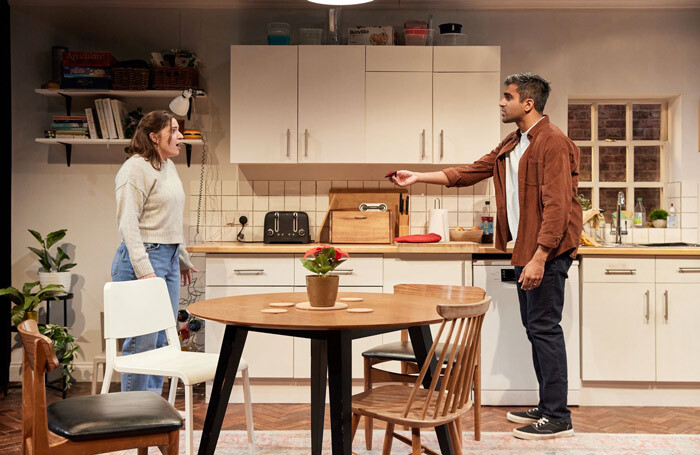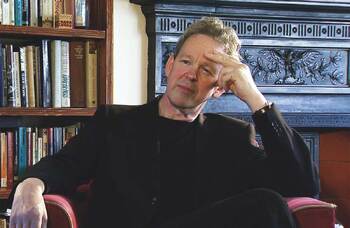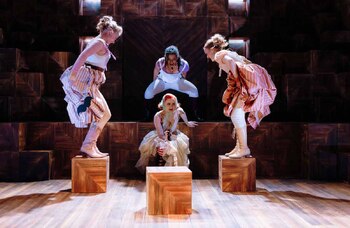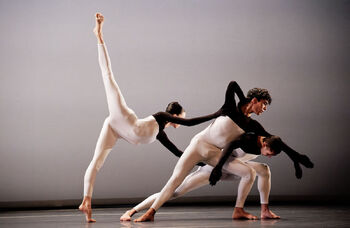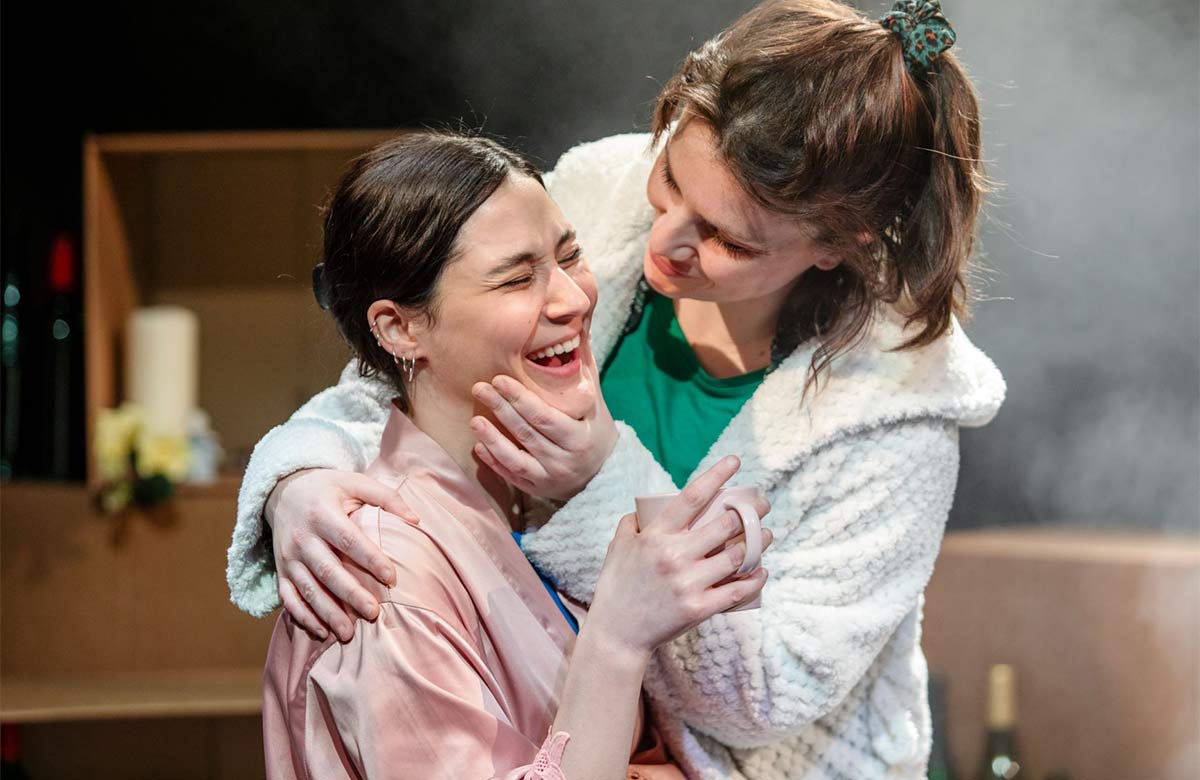The Harmony Test review
Heartfelt comedy-drama about the impact of pregnancy, parenthood and infertility on relationships
Taking its title from a prenatal screening test designed to identify common genetic abnormalities, Richard Molloy’s darkly funny drama, directed by Alice Hamilton, truthfully depicts the excitement, stress and heartbreak that accompany many couples’ attempts to start a family.
The story centres on recently married Zoe and Kash, whose desire to have a baby has gradually taken over their lives. With every aspect of their schedules, diets and sex lives geared towards conception, they start to buckle under the emotional strain. Further interrupting their plans is an awkward love triangle between house-guest Naomi, her soon-to-be-divorced husband Charlie and Rocco, the 20-something personal trainer with whom she’s sleeping.
The play is underwritten in places. What seems to be a key plot line involving a dubious miracle cure for male infertility ultimately goes nowhere. And Molloy’s insistence on ending almost every scene with a contrived punchline feels like an unnecessary crutch, especially since, elsewhere, humour emerges naturally and satisfyingly from the dialogue. Still, the characters are compelling. Each is keenly observed, full of complexities and insecurities, struggling to secure their own idea of happiness.
Continues...
Hamilton handles the play’s emotional ups and downs with finesse, allowing sadness to creep gradually into the happy home. When it arrives, sorrow is palpable and devastating. Balancing out the heaviness, Hamilton wrings laughter from the couples’ relatable bickering, unguarded silliness and cringingly awkward confrontations.
Sarah Beaton’s realistic set creates the impression of a wider world beyond the scuffed parquet floor and yellowing cabinets of the tatty kitchen where the action unfolds. Characters loiter in a brick-walled alleyway, visible through a window, preparing themselves for tricky conversations. Jamie Platt’s lighting alternates between gentle ambience and a severe indigo glare, marking sudden jumps forward in time. This pattern is interrupted only once, in one of Zoe’s darkest moments, as a near-total blackout leaves her face illuminated only by the glow of the phone she obsessively checks for messages from the hospital.
Among a uniformly excellent cast, Milo Twomey is especially strong as jilted husband Charlie, clinging to a failing marriage out of habit more than genuine desire. As struggling actor Kash, Bally Gill is sweet and sheepish, his excitement at the prospect of becoming a father evaporating when he realises parenthood will derail his fledgeling career. Gill makes the character thoroughly likeable, sharing tender non-verbal interactions with Pearl Chanda’s Zoe, always touching hands, embracing, or offering silent support. It’s Chanda, though, who gives the production’s most powerful, most nuanced performance. Bossy and overbearing when we first meet her, Chanda gradually reveals layers of humour, compassion and fragility, truthfully exploring Zoe’s desperation to fulfil what she sees as her purpose in life and providing a raw emotional core to this flawed, but moving play.
More Reviews
Recommended for you
More Reviews
Recommended for you
Most Read
Across The Stage this weekYour subscription helps ensure our journalism can continue
Invest in The Stage today with a subscription starting at just £7.99
